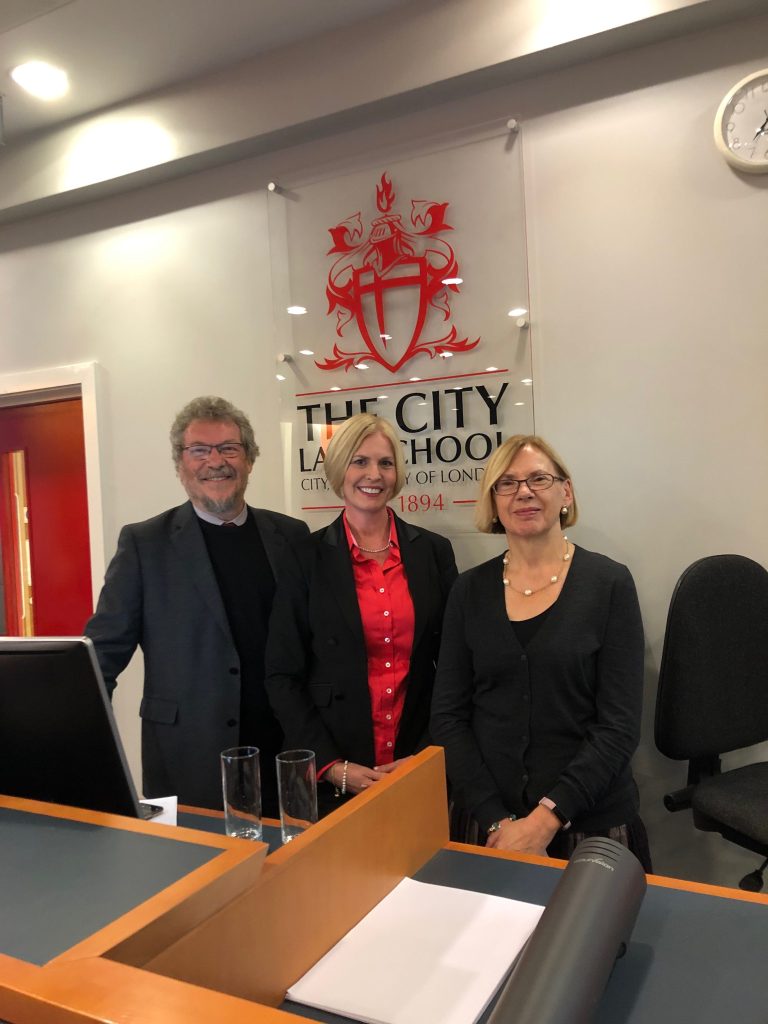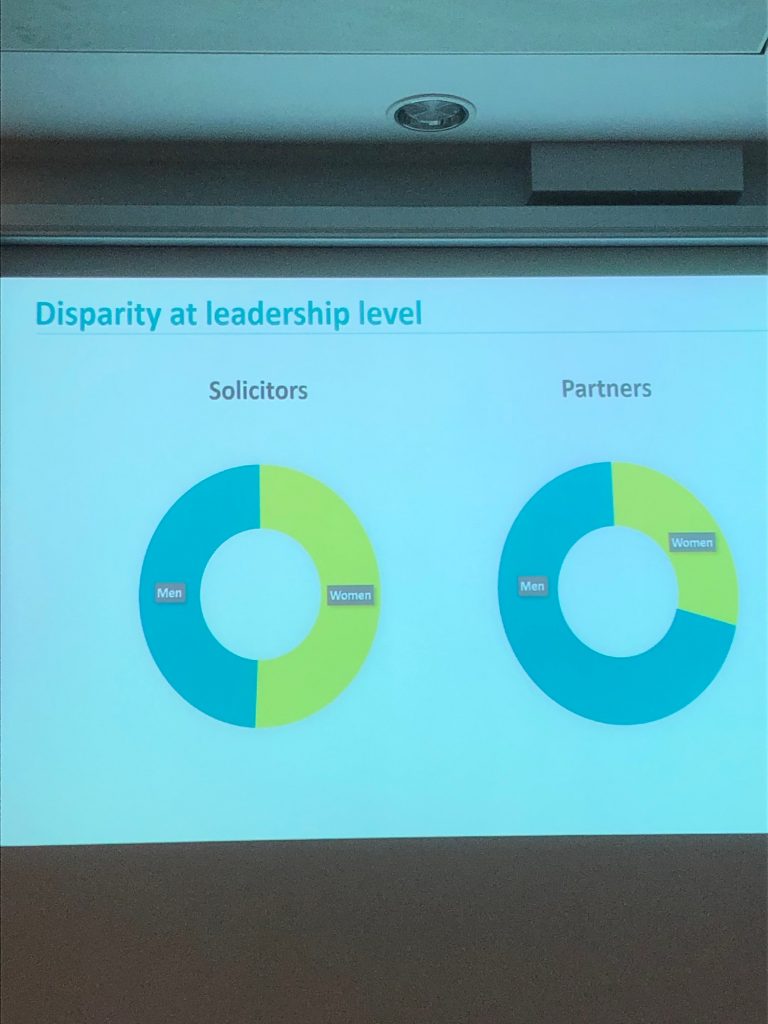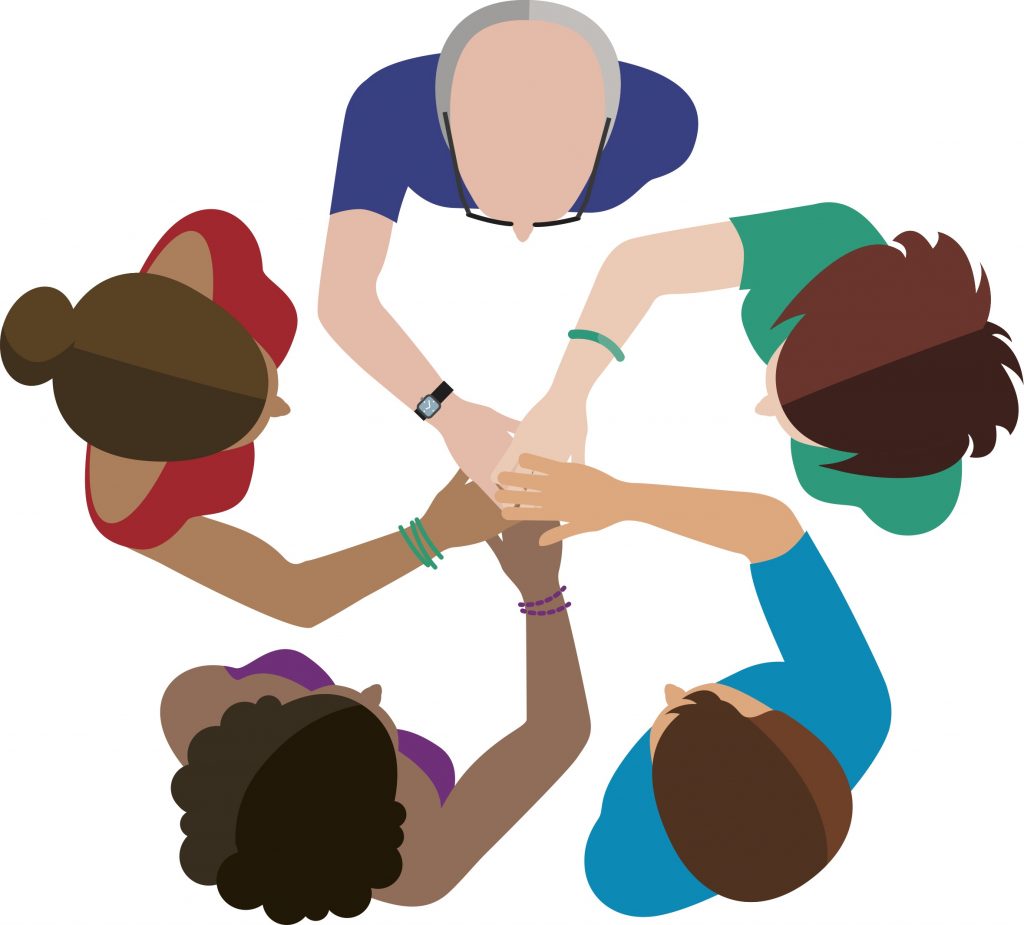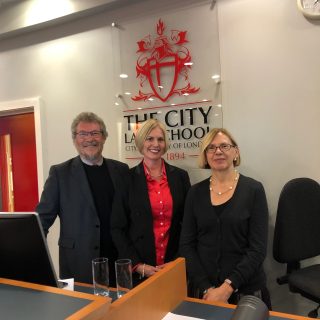Christina Blacklaws, former president of the Law Society, spoke recently at City to highlight the work she spearheaded regarding inequality in the legal profession. Before jumping into the statistics, Blacklaws recounted the story of Carrie Morrison, the UK’s first female solicitor. After fighting tooth and nail to sit for the exam, four women actually passed the Law Society’s examination. But only Morrison is known as the first. The Law Society decided to make the women race for the honor; Morrison won the race from the top of Chancery Lane down to the Society’s building. Blacklaws and other prominent women in the profession recently followed that path to remember the endurance it’s taken to be a female lawyer.

Blacklaws focused part of her time as president collecting a massive amount of data about the roots of inequality, surveying the opinions of men and women locally and internationally. She knew going into it that women make up a little over 50% of the solicitor profession, but only around one-fourth of partners are women. Blacklaws and her team wanted to get to the bottom of this disparity. By engaging with over 7,000 individuals, it became clear that the number one reason that women are held back in the workplace is unconscious bias:
“We all hold our own set of biases, but it becomes dangerous when we don’t realize our biases are at play.”

Women are being held back from senior positions because of stereotypes they cannot control. Moreover, only 11% of participants reported having received some form of unconscious bias training.
The bias is not just that women have families, but gender is deeply ingrained in the culture of the workplace; Blacklaws added that “there are limited opportunities we heard about that aren’t gendered…we heard about sports and drinking.” When looking at the data, 46% of participants reported that they were held back because the traditional routes and networks that lead to promotion are male orientated. It is very clear that women are still not equal in the legal field. Blacklaws also acknowledged the importance of intersectionality, noting that one participant said, “as you go higher and higher, the color seems to fade.”
However, the research did not end there. Blackstone and her team put together over 250 roundtable discussions across five continents to talk about solutions to these problems. You can find the full report of these in Influencing for Impact: the need for gender equality in the legal profession (Women in Leadership in Law Report, March 2019). The team found that there are small systematic changes that could have a huge impact; flexible working, active mentoring, and financial transparency are all things that can be addressed from the top down. Moreover, simply having an authority figure who is female or is of a protected class can make a big difference in the success of younger professionals. In order to make an impactful change, we must be willing to be a part of the solution. The Women in the Law 2018 infographic outlines possible ways to improve and undo some of the damage done by bias.
While the report is well-researched, clear, and productive for large law firms, I wanted to know what a young woman could do the prepare for entering this profession. When I asked Blacklaws what I or someone else in my position could do for entering the legal field, she offered me this advice:

“I do think that it’s so important to have a plan and to go in knowing that this is going to be hard and it’s sadly probably going to be harder for you because of your protected characteristic as opposed to somebody else. And I think that knowledge gives young women power…You got to have focus and you got to have your support network. That’s it, it’s the support network. Pick people and ask!”
Blackstone was very clear that success comes from being proactive and planning. It is our job to build a support system of peers and mentors who can guide us to success. She also made it clear that it’s okay to vocalise wanting or needing support from someone. Our career is in our own hands, but that does not mean we have to go it alone. In the spirit of planning, I highly recommend looking over the 2018 infographic. For further reading, Blackstone also highly recommended the new book First 100 Years of Women in Law. A successful career is founded on knowledge and awareness.

Thanks to Emily Wolf for this excellent review of the Upjohn Lecture.
Emily is a second year LLB student who has experience in private business law, federal appellate law, and governmental legislative law.
She is most interested in writing public interest and advocacy pieces. Emily is a member of the Lawbore journalist team for 2019-20.


Great article Emily!